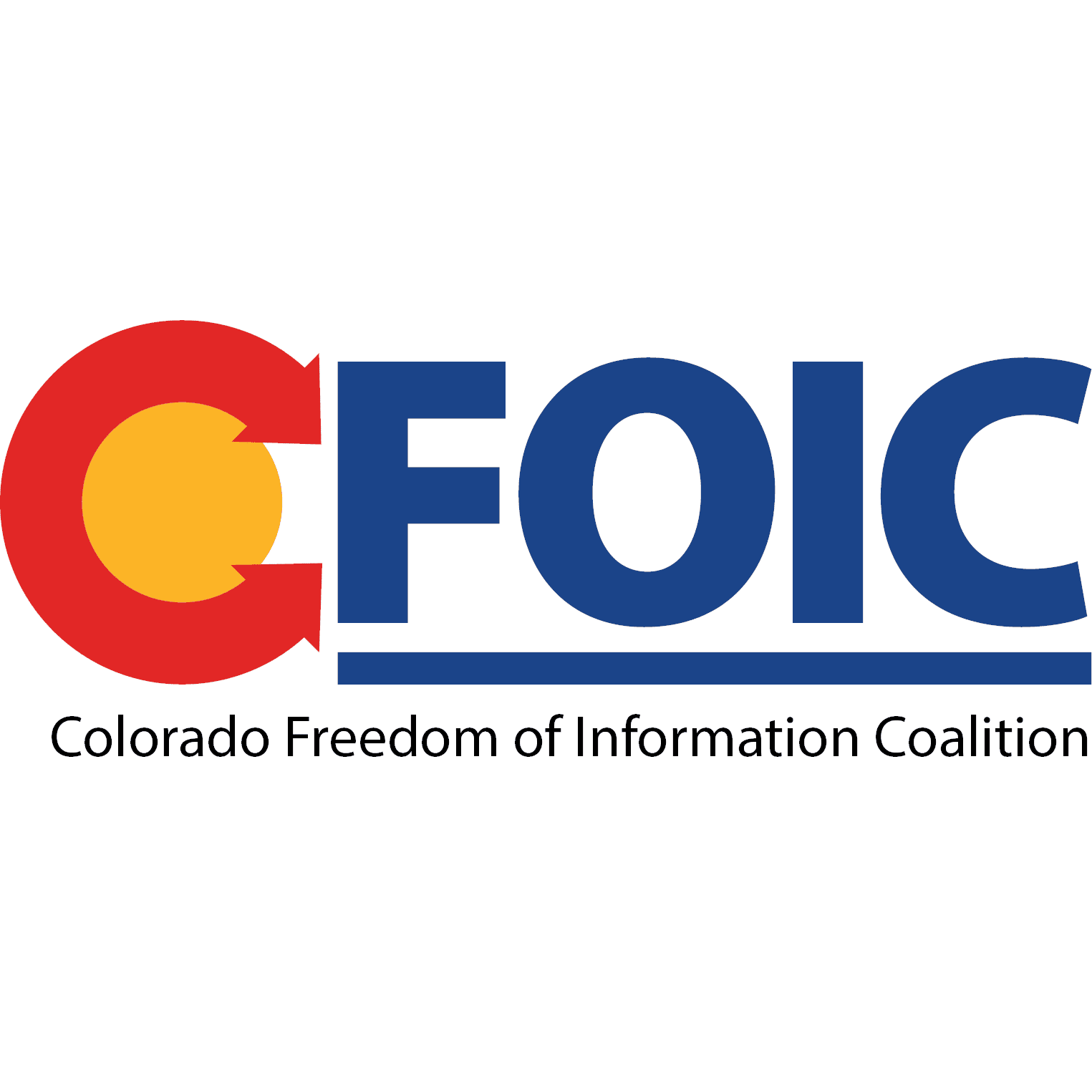A judge Friday declined to hold members of the Woodland Park school board in contempt for allegedly violating his April order to list meeting agenda items “clearly, honestly and forthrightly.”
Teller County District Court Judge Scott Sells determined the board “was not completely forthright and transparent” with its May 4 agenda, which failed to say that a “feasibility study” pertained to a controversial charter school sharing space with a middle school.
But, applying a standard set forth by the Colorado Supreme Court in 2008, the judge wrote that “an ordinary member of the Woodland Park School District or person in Teller County would understand” that the charter school — Merit Academy — “was a likely candidate for discussion” under the agenda item.
The disputed agenda item for the board’s May 4 work session read: “Feasibility Study Presentation by Executive Director of Technology & Operations Miles Tuttle followed by BOE Q & A with Cooperative Strategies.”
That was five days after Sells granted a preliminary injunction, ordering the board to comply with the Colorado Open Meetings Law “by clearly, honestly and forthrightly” listing future agenda items pertaining to Merit Academy’s application to the district.
The board had been sued by parent Erin O’Connell, in part for discussing a substantive issue, a memorandum of understanding with the charter school, under a vague “BOARD HOUSEKEEPING” agenda item. O’Connell’s lawyer, Eric Maxfield, asked for the contempt citation against board members for repeating “their conscious hiding of a controversial issue from public observation” after the judge’s order.

